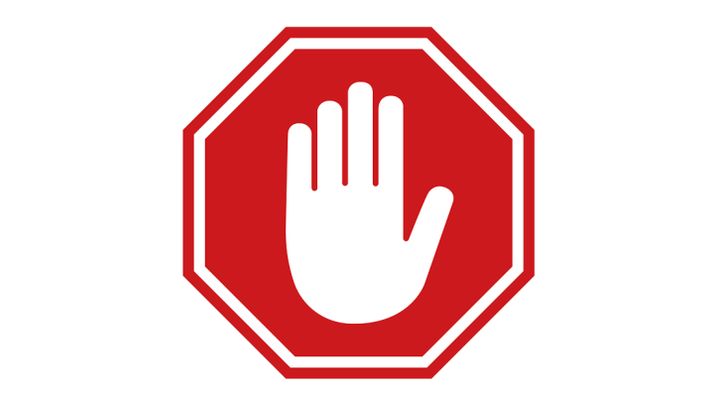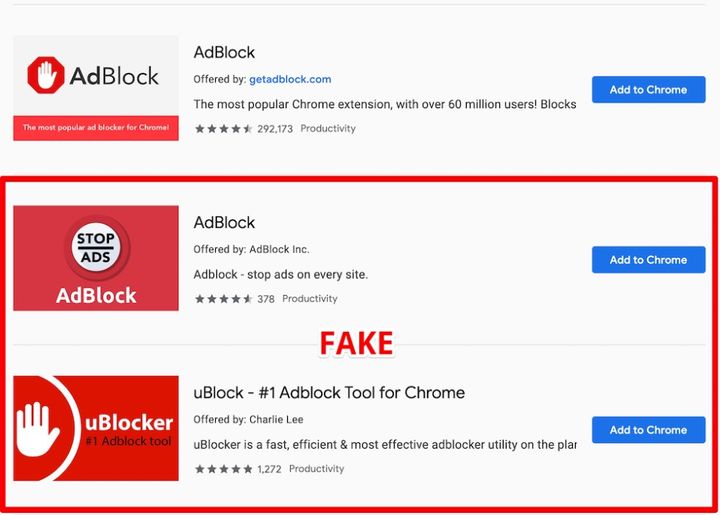Two Popular AdBlocks Used by Millions of People Accused of Fraud
The team responsible for creating one of the AdBlocks has recently published a text that makes it clear that two popular ad-blocking plugins do some other things as well, about which the user is not informed. The worst part, however, is that they were installed by millions of people.

The AdGuard team, responsible for the launch of one of the AdBlocks, has recently published a text on their blog in which they expose the mechanisms of two popular AdBlocks, installed so far by millions of users: AdBlock from AdBlock Inc. and uBlock from Charlie Lee. According to the authors of the text, the problem lies not only in impersonating other creators, but also in the so-called "cookie stuffing".
These extensions have already been repeatedly reported by users, but until recently Google did not make much of this type of reports, because only one of the programs disappeared from the store (it is not known whether due to notifications, entry on the blog AdGuard, or perhaps the creator himself felt ashamed and removed it). The only thing these two AdBlocks do well is block advertisements. Their code was copied from the original versions of the software, so that part was hard to mess up. However, something else has been added - stuffing cookies.
This is a popular advertising scam where additional partner cookies are added. In short, when a user visits a particular online store (such as Amazon) and makes a purchase, the creators of the extension will receive a commission.
The two aforementioned AdBlocks currently have 1.6 million active users who probably don't realize the apps' true face. The creators of fake plug-ins could have already made millions of dollars.

The AdGuard team suggests that in the future, we should be careful what we download from the web - even if it concerns seemingly trusted sources such as Chrome Web Store. The above mentioned AdBlocks are extremely popular there and have also received very positive reviews. This is therefore another factor, on which we should not base our decision.
First of all, we should choose extensions from creators we know well or from those who are recommended by trusted sources. We should not believe either in the descriptions accompanying the extensions or even in the opinions of users who may not be aware of the flaws in the plug-ins. And finally, don't install this kind of software from browser stores. Use the creators' websites directly.
In this way you may avoid getting into the situation in which there are currently over 1.6 million users of AdBlock from AdBlock Inc. and uBlock from Charlie Lee.
0
Latest News
- End of remote work and 60 hours a week. Demo of Naughty Dog's new game was born amid a crunch atmosphere
- She's the new Lara Croft, but she still lives in fear. Trauma after Perfect Dark changed the actress' approach to the industry
- „A lot has become lost in translation.” Swen Vincke suggests that the scandal surrounding Divinity is a big misunderstanding
- Stuck in development limbo for years, ARK 2 is now planned for 2028
- Few people know about it, but it's an RPG mixing Dark Souls and NieR that has received excellent reviews on Steam, and its first DLC will be released soon

